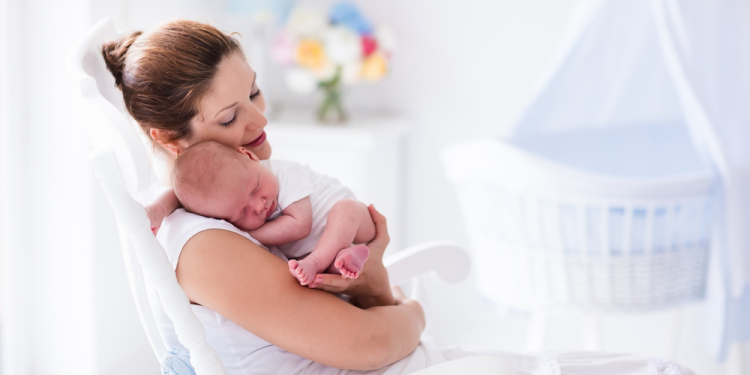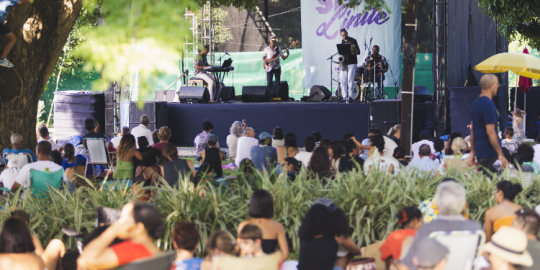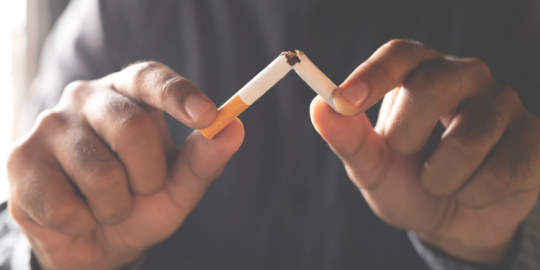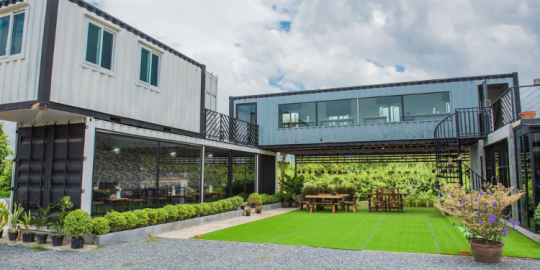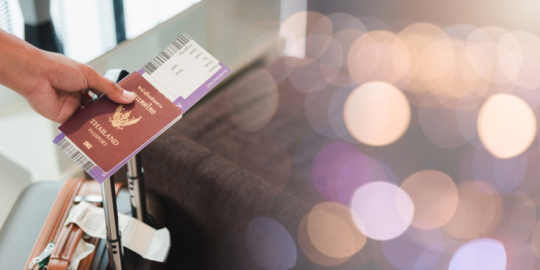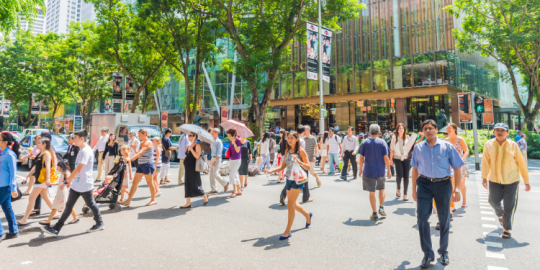Show me the money
You not only need to prepare for your new born mentally and physically, but also financially. It goes without saying that having a child is a costly endeavour, and some countries are keen to help parents with the costs of a looking after a newborn.
In Singapore there is financial assistance for the first 18 months of your child's life, but only for parents who are married. In addition, all new parents are now entitled to a savings account opened by the government, which is to be used for the child's health and educational purposes only. This amount also increases with each child, until your third, when there is a generous SGD15,000 available, which continues to be the amount on offer for any child after. Even the SGD3,000 put into savings for your first child in Singapore can be a great first step in a university savings fund.
If you have children in Canada, the country's child benefits system means that parents to children under the age of six are liable to receive up to CAD6,400 a year, depending on the province they live in, their income, and how many children they currently have under the age of 18. Recent changes to the old system of child benefits have increased the amount available to those on the lowest income, furthering Canada's reputation for its impressive social welfare system.
Encouraging higher birth rates
Financial support is one thing, but financial incentives are also on offer in some parts of the world. Countries with low birth rates and those looking to reverse ageing populations have been known to offer incentives to parents, which often increase the more children you have.
Japan has seen its ageing population bloom, while the birth rate has stagnated. In order to counter this, the government has dipped into its pockets to encourage its citizens to 'raise the birth rate'. Offering a lump sum that is received on the birth of a child seems to have had some success, with birth rates slowly but surely on the up.
Though the policy is no longer in place, Russia had a similar idea a decade ago with its birthing bonanza, whereby couples got a day off in the hopes that new Russians would be born nine months later on the country's national day. If you were one of the lucky ones who had a baby with a June 12th birthday, you were in line for a whole ream of prizes, from cash to household appliances. This game show-style approach seems to have worked, alongside some other cash incentives, with the birth rate rising following the competition.
Giving mum a helping hand
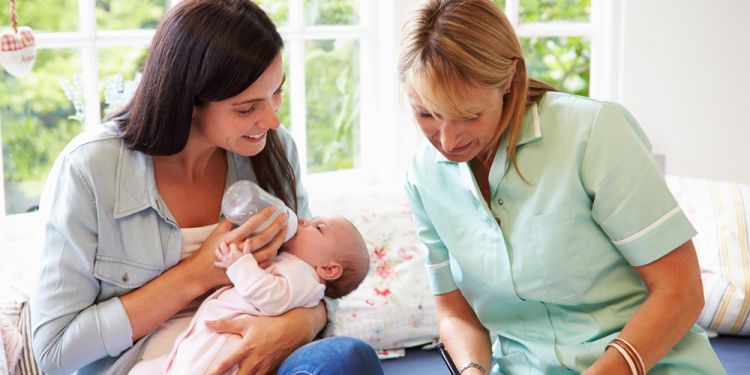
Giving birth in and of itself is no easy feat, and new mothers often need rest and support during the initial post-partum period. Some countries are better than others at supporting new parents during this crucial time.
China has the notion of alone time for new mothers called 'zuo yuezi', or 'sitting the month' in English. During this time, new mothers are encouraged to stay at home with their child and look after both the child and themselves, with things such as air conditioning and frequent hair washing being forbidden. In addition, specific foods are to be eaten which can be high in protein or specific nutrients in order to aid the mothers recovery after birth. However, given the extensive rules of the original practice, some critics view the practice as more of a forced confinement than a period of rest. Nonetheless, the practice has stood the test of time, and Chinese expats also often engage in zuo yuezi with looser rules and more of a focus on relaxation and recuperation, or by staying in luxury spa-like resorts.
Though Germany doesn't encourage a one-month confinement per say, its longer post-partum hospital stay ensures a mothers well-being after a recent birth. Five to ten days may not seem like much, but it is certainly more than the norm. It also gives new mothers the time to get used to, for example, breastfeeding.
In the Netherlands, parents get an on-call nurse for the first week of baby's life at home. During this time, the nurse can be called for far more than just medical assistance. The nurse is also there to assist with support for your newborn, or even to do cooking and cleaning, which is often just what a new mother needs to make returning home after giving birth a bit easier.
The healthcare system in the UK is universal and already offers subsidised prescriptions to its residents, however both expectant mothers and new mothers can enjoy free prescriptions, which goes a fair way to preventing any medical issues also becoming financial issues for new parents. Furthermore, midwives visit recent mothers to offer support and advice ensuring that new mothers don't feel too overwhelmed by the experience.
Norway, on the other hand, has government subsidies in place for childcare, making it all the easier for mothers to get back to their careers without having to worry about the cost of childcare, which can be very high in some countries.
Something a little bit different
While financial, health and childcare support is highly important, some countries are offering up something a little bit different to new parents or the new babies themselves.
The French healthcare system focuses on one area of recovery other countries regularly overlook – perineal care via free postnatal exercise sessions overseen by midwives. There is a focus on pelvic floor exercises in order to address strain on the perineum during childbirth and help prevent common medical issues that arise. For baby, France provides a booklet which provides space for parents to keep a record of their child's vaccinations, as well as important information about infant care.
Finland is famous for its high quality of life in general, and the same goes for new parents and new Finnish entrants into the world. The now well-known baby box given for free to new mums in Finland is a long-standing tradition in the country and has since been commercialised in other countries. The box contains a variety of baby products (such as nappies and clothing) and also doubles up as a baby bed, with a mattress included.
In Brazil, babies are given a significant gift of a different nature; citizenship. Regardless of the nationality of their parents, any baby born in Brazil is automatically granted citizenship in the country. Furthermore, the child's parents may apply for citizenship just a year later, should they wish to make a more permanent move to the country.
Sources :
- Babygaga - 15 things countries do for new moms : http://www.babygaga.com/15-amazing-things-these-countries-do-for-new-moms/
- Vox - 5 countries that treat moms better than the US : https://www.vox.com/2015/2/17/8054297/best-countries-new-moms
